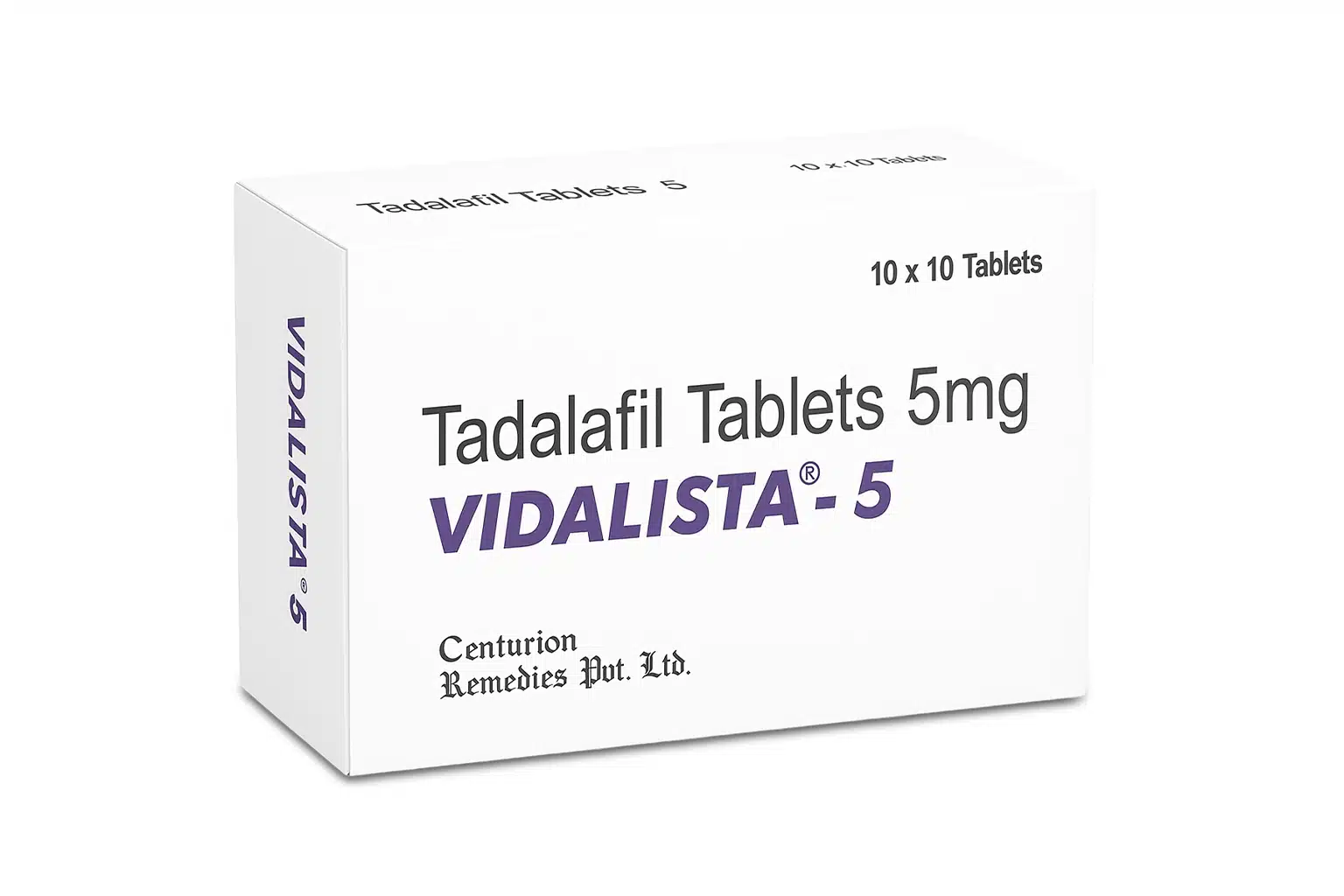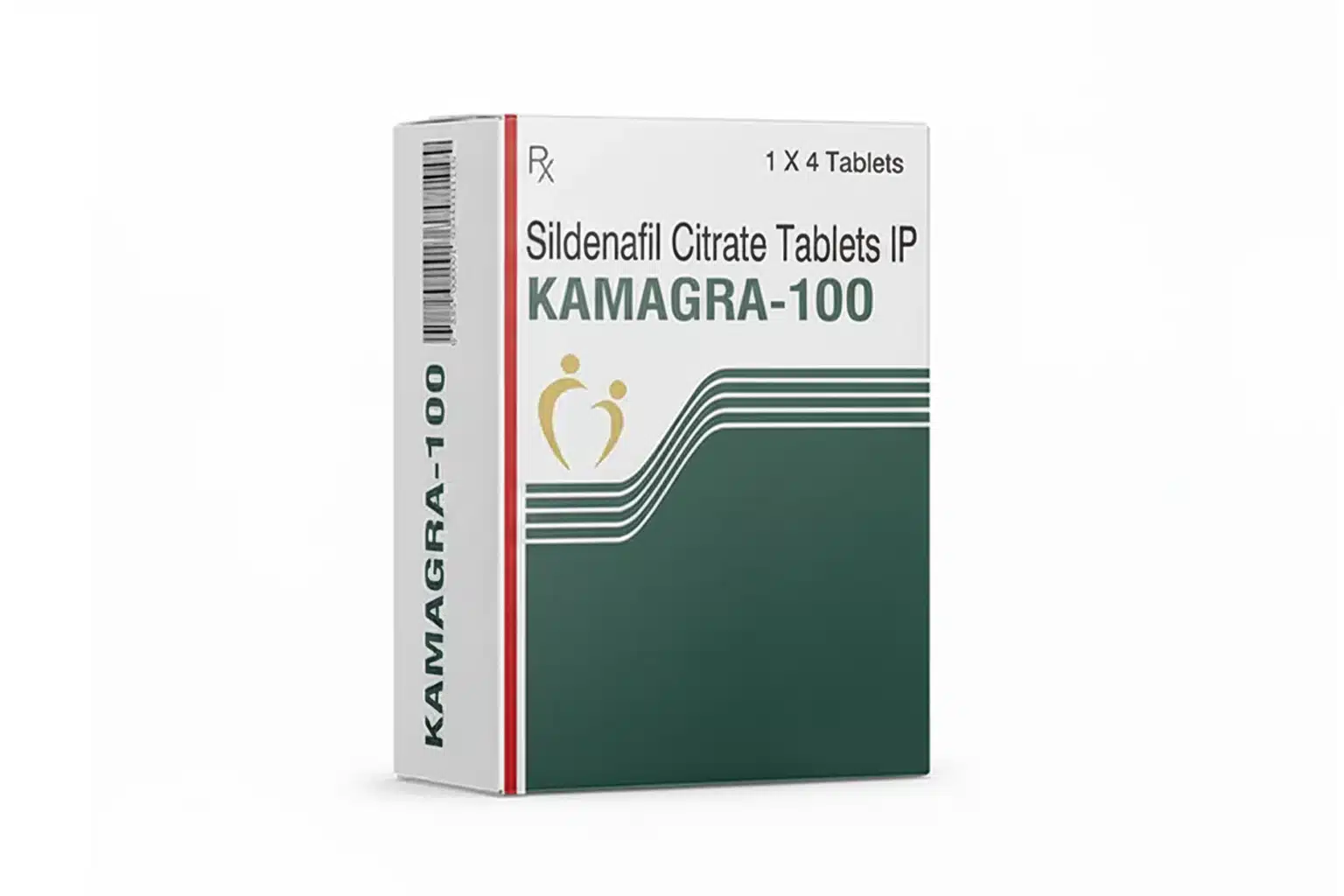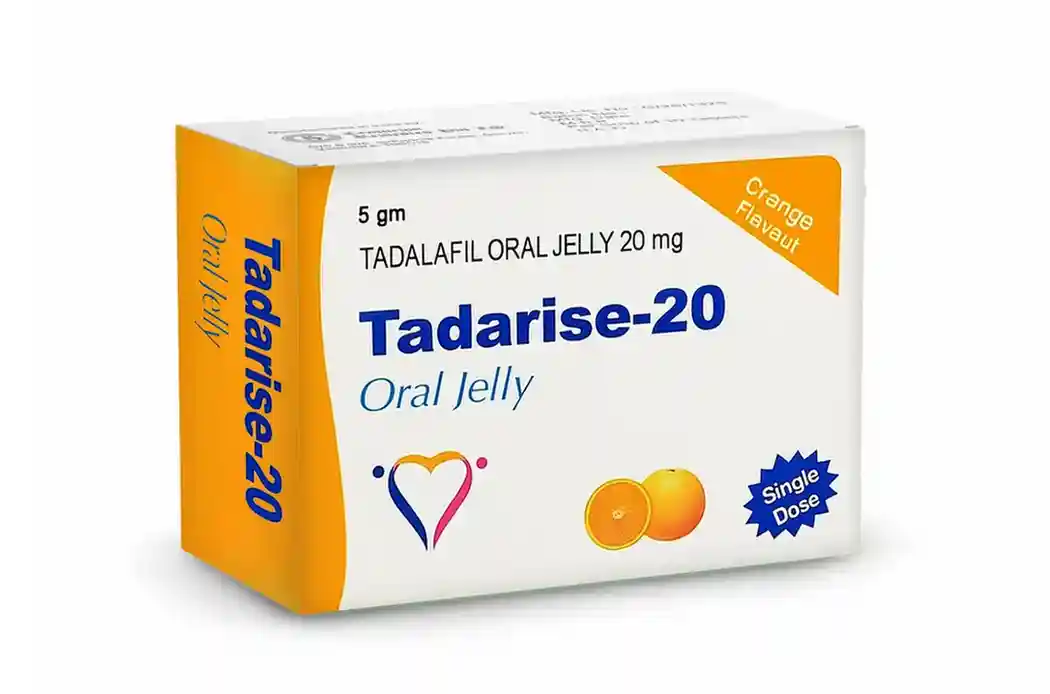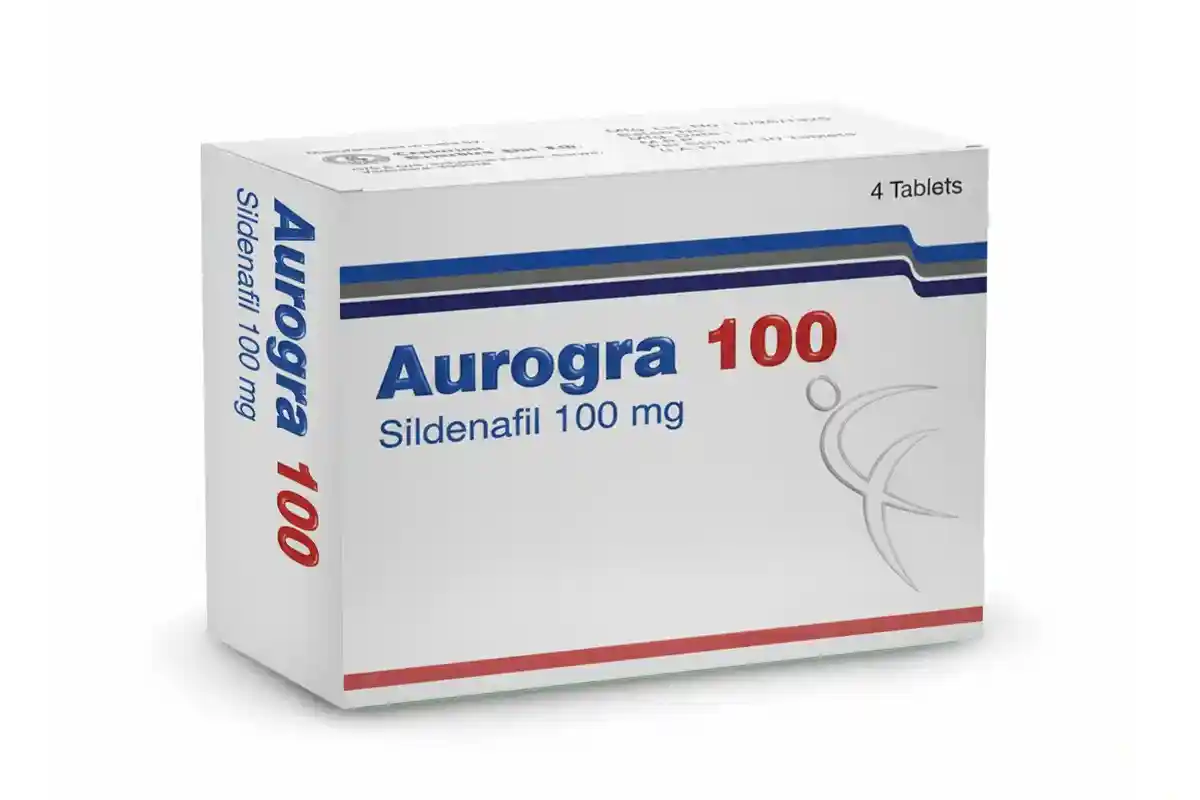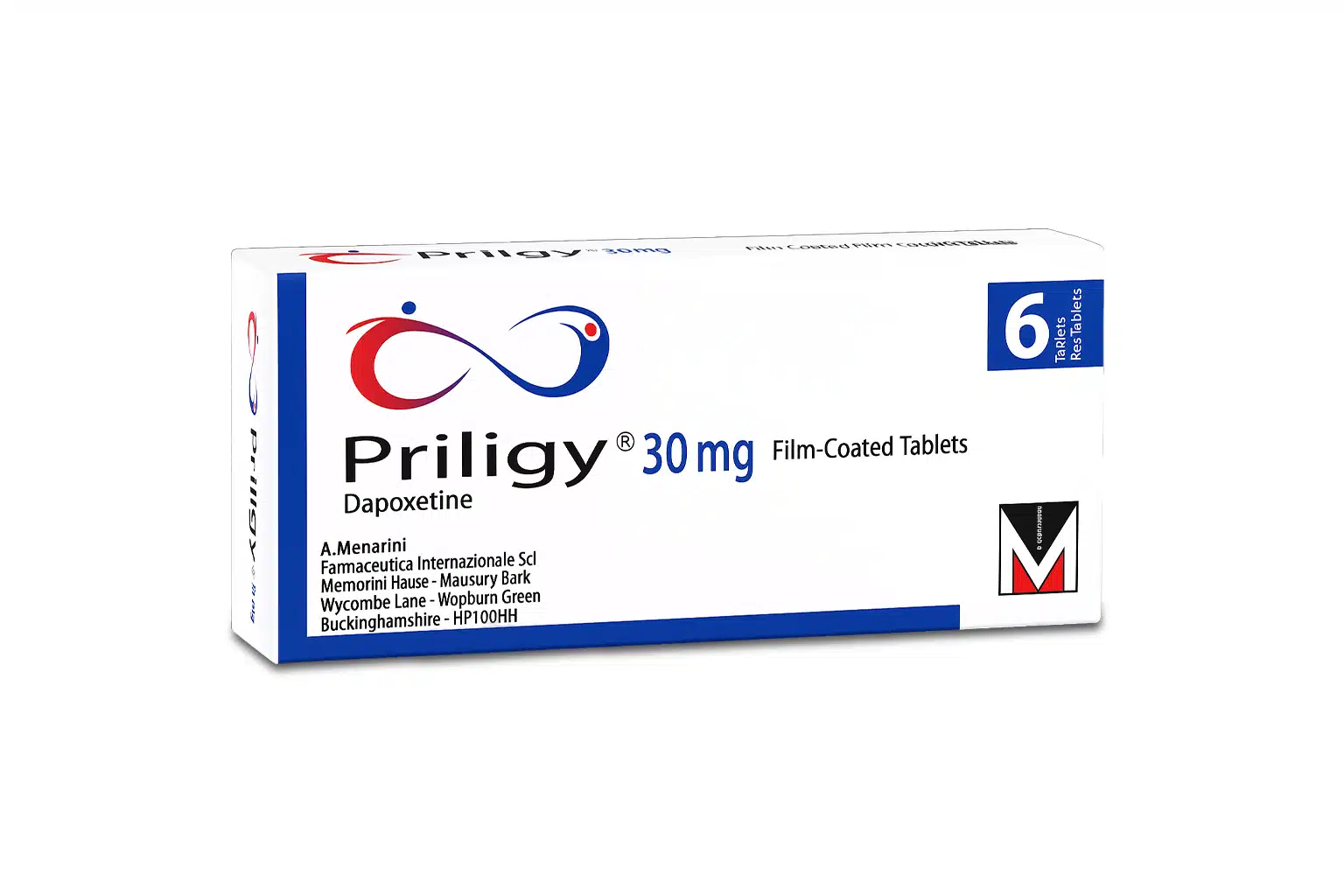Erectile dysfunction (ED) is a condition that is shown to affect millions of men around the world. While it is very commonly associated with aging, the truth is much more nuanced than this. Men can begin to experience some symptoms of ED that occur at various stages in life, highly depending on their physical health, lifestyle, and emotional well-being as well. This blog hence explores the typical age when erectile dysfunction usually starts, its early signs, and also what can be done to treat or prevent it.
What Is Erectile Dysfunction?
Before discussing when ED usually starts, it is very essential to answer a basic question, what’s ED?
Erectile dysfunction is mainly the persistent inability of men to achieve or maintain a firm erection that is required enough for sexual intercourse. While occasional difficulties are also quite normal, frequent problems that also occur with sexual performance may at times point to a more serious issue.
ED can also stem from physical causes like cardiovascular disease, diabetes, and also low testosterone, or psychological factors too such as stress, anxiety, and depression. Lifestyle factors which include obesity, alcohol consumption, and smoking also do play a major role.
At What Age Do Men Usually Experience ED?
There is no one-size-fits-all answer to this, but there is research that shows that erectile dysfunction becomes more prevalent as men age over time.
- In their 20s and 30s: While it is quite rare, ED can at times affect younger men, often due to psychological reasons such as performance anxiety, stress, or even depression. In some of the cases, poor diet, alcohol, or even recreational drug use can also contribute to the same.
- In their 40s and 50s: This is when many of the men first start noticing changes in their sexual performance. Several medical conditions like high blood pressure, diabetes, and declining testosterone levels can also begin to impact erection quality. Lifestyle choices over the years also start to catch up, thereby increasing the likelihood of ED.
- In their 60s and beyond: ED is also much more common among older men. According to several studies, up to 70% of men in their 70s may experience some degree of erectile dysfunction symptoms. While age alone does not cause ED, the health issues that become much more common with age do contribute to it.
So, what age does a man stop getting a hard on regularly? Well there is no set age, but the late 50s to the early 60s is often when many of the men begin facing persistent erectile difficulties that are hard to get rid off.
Is Erectile Dysfunction Inevitable With Age?
No. While the risk increases with age, impotence in men is not an unavoidable part of aging. Many older men continue to enjoy healthy and active sex lives. The key lies in maintaining good health—both physically and emotionally.
Avoiding high-risk habits like smoking, drinking excessively, and eating poorly can significantly delay or even prevent the onset of ED.
Best Seller
-
Cenforce 100 Mg
Best Seller$24.00 – $215.00Price range: $24.00 through $215.00Rated 4.50 out of 5Shop Now This product has multiple variants. The options may be chosen on the product page -
Vidalista 5 Mg
best sellers$18.00 – $182.00Price range: $18.00 through $182.00Rated 4.00 out of 5Shop Now This product has multiple variants. The options may be chosen on the product page -
Vidalista 40 Mg
Best Seller$28.00 – $276.00Price range: $28.00 through $276.00Rated 4.00 out of 5Shop Now This product has multiple variants. The options may be chosen on the product page -
Cenforce 200 Mg
best sellers$31.00 – $335.00Price range: $31.00 through $335.00Rated 4.00 out of 5Shop Now This product has multiple variants. The options may be chosen on the product page -
Cenforce Fm
best sellers$33.00 – $218.00Price range: $33.00 through $218.00Rated 4.00 out of 5Shop Now This product has multiple variants. The options may be chosen on the product page -
Kamagra 100 mg
best sellers$24.00 – $125.00Price range: $24.00 through $125.00Rated 5.00 out of 5Shop Now This product has multiple variants. The options may be chosen on the product page -
Fildena 100 mg
best sellers$24.00 – $244.00Price range: $24.00 through $244.00Rated 4.00 out of 5Shop Now This product has multiple variants. The options may be chosen on the product page -
Malegra Oral Jelly 100 Mg
best sellers$8.00 – $44.00Price range: $8.00 through $44.00Rated 5.00 out of 5Shop Now This product has multiple variants. The options may be chosen on the product page -
Super Kamagra Oral Jelly
best sellers$25.00 – $120.00Price range: $25.00 through $120.00Rated 4.00 out of 5Shop Now This product has multiple variants. The options may be chosen on the product page -
Tadarise Oral Jelly
best sellers$19.00 – $72.00Price range: $19.00 through $72.00Rated 4.00 out of 5Shop Now This product has multiple variants. The options may be chosen on the product page -
Careforce 200 Mg
best sellers$29.00 – $332.00Price range: $29.00 through $332.00Rated 5.00 out of 5Shop Now This product has multiple variants. The options may be chosen on the product page -
Stallegra 100 Mg
best sellers$88.00 – $224.00Price range: $88.00 through $224.00Rated 5.00 out of 5Shop Now This product has multiple variants. The options may be chosen on the product page -
Exclusive
Aurogra 100 Mg
best sellers$29.00 – $76.00Price range: $29.00 through $76.00Rated 4.00 out of 5Shop Now This product has multiple variants. The options may be chosen on the product page -
Priligy 30 mg
best sellers$22.00 – $156.00Price range: $22.00 through $156.00Rated 4.50 out of 5Shop Now This product has multiple variants. The options may be chosen on the product page
Early Warning Signs of Erectile Dysfunction
Recognizing early symptoms can help address the issue before it becomes chronic. Here are some common signs to watch out for:
- Difficulty getting an erection occasionally
- Trouble maintaining an erection during sex
- Reduced interest in sex
- Delayed or absent ejaculation
If these symptoms appear frequently, it’s time to consult a healthcare provider. ED may also signal underlying health problems such as clogged arteries or hormonal imbalances.
What Causes ED to Start Earlier in Some Men?
Men under 40 can experience ED due to different causes than older men. The most common early-life contributors include:
- Performance anxiety or stress
- Depression or mental health disorders
- Alcohol or drug abuse
- Obesity or poor diet
- Low physical activity
- Lack of sleep
Even frequent exposure to adult content or lack of emotional intimacy can play a role in early-onset ED.
A common phrase in online searches is “note that causes erection”—and it’s important to understand that erection quality is deeply tied to the brain, heart, nerves, and hormonal system. Disruptions in any of these areas can trigger ED at an earlier age.
Can Erectile Dysfunction Be Cured?
Many men ask, “Can erectile dysfunction be cured?” The answer is—sometimes.
If the ED is caused by reversible factors like stress, alcohol use, or a sedentary lifestyle, it can often be resolved through changes in behavior. For men with medical causes such as diabetes or heart disease, managing those conditions effectively can improve erectile function.
There are also a number of treatments available:
- Oral medications: Drugs like sildenafil, tadalafil, and Cenforce 120 (a sildenafil-based medication) help improve blood flow to the penis and are commonly prescribed for ED.
- Lifestyle changes: Regular exercise, weight loss, quitting smoking, and a balanced diet can significantly improve erectile health.
- Therapy: Addressing psychological causes with the help of a counselor or sex therapist can lead to noticeable improvements.
- Vacuum devices or penile implants: For severe cases, mechanical aids or surgery may be recommended.
The Role of ED Medications in Treatment
For men seeking immediate relief while addressing long-term causes, ED medications are often effective. Options range from well-known brands like Viagra to generic formulations such as Cenforce 120, which contain the same active ingredients.
Some people casually refer to these drugs as “pills for boners,” but they play a vital medical role in restoring confidence and sexual function. These pills help increase blood flow to the penis, enabling a firm and lasting erection when aroused.
However, these medications must be taken under medical supervision to avoid side effects and drug interactions.
Psychological Impact of ED at Any Age
The emotional toll of ED can be significant. Men may feel embarrassed, frustrated, or even less masculine. These feelings can contribute to relationship stress and reduce quality of life. When ED occurs at a younger age, it often leads to denial and avoidance rather than seeking treatment.
It’s important to recognize that ED is a medical condition, not a personal failure. Seeking help early can lead to better outcomes and improved self-esteem.
When Should You See a Doctor?
If you’re experiencing difficulties with erections more than 25% of the time, it’s worth discussing with your doctor. Men often wait too long due to embarrassment, but early intervention leads to more successful treatments.
Don’t wait until you’re asking “What age does a man stop getting a hard on?”—start managing your sexual health today.
Final Thoughts: ED Is Common, But Not Hopeless
While erectile dysfunction becomes more common with age, it’s not something men must simply accept. With proper health management, open conversations, and medical treatment, most men can maintain a satisfying sex life well into their senior years.
Whether you’re in your 30s or your 60s, ED doesn’t have to control your life. There are solutions—safe, effective, and accessible. From counseling to medications like Cenforce 120, a wide range of options exists to help restore sexual function and confidence.
FAQs
1. What’s the most common age for erectile dysfunction to begin?
Most men begin to notice symptoms of ED in their 40s and 50s, though some experience it earlier due to stress or health conditions.
2. Can erectile dysfunction be cured naturally?
Yes, in some cases. Lifestyle changes like regular exercise, better sleep, and stress reduction can improve or even reverse ED.
3. Are pills for boners safe to take?
Prescription ED medications like sildenafil or Cenforce 120 are generally safe when prescribed by a doctor and used as directed.
4. Is ED a sign of other health problems?
Yes. ED can signal underlying issues such as heart disease, diabetes, or high blood pressure.
5. What’s the psychological impact of ED?
ED can cause stress, anxiety, and lower self-confidence. Addressing it early with therapy and medical support can improve both mental and sexual health.



